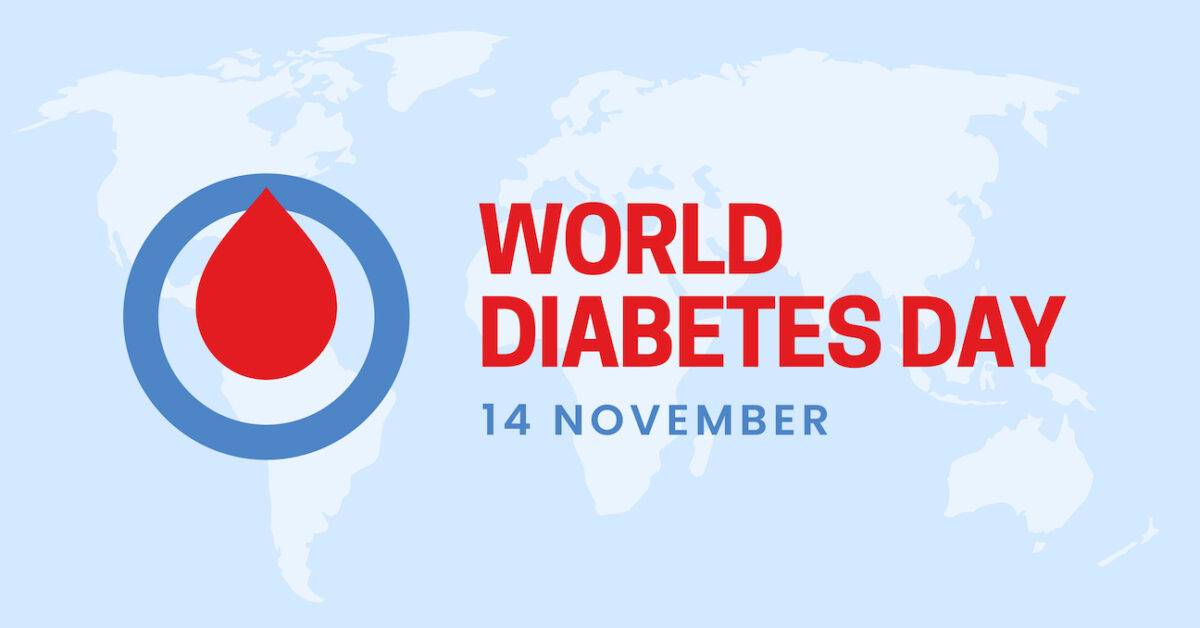
Diabetes is a chronic medical condition that affects how your body processes glucose (sugar), leading to high blood sugar levels. There are two main types: Type 1, where the body doesn’t produce insulin, and Type 2,where the body becomes resistant to insulin or doesn’t produce enough. It can result in severe complications, including heart disease, kidney failure, and nerve damage if not managed properly. Early detection, lifestyle changes, and proper management are key to preventing complications and maintaining health.
Risk Factors:
Symptoms:
Prevention and Early Detection:
Diagnosis and Staging:
Why Regular Screening Matters?
Early detection of diabetes is essential to prevent complications such as heart disease, kidney damage, and nerve problems. Home blood glucose testing devices and A1C kits provide convenient tools for monitoring diabetes, allowing individuals to manage their condition more effectively. With proper monitoring, lifestyle changes, and, when necessary, medications, individuals with diabetes can lead healthy, active lives and avoid serious long-term health issues.

Doctor of Pharmacy
Dr. Suryani Dutta holds a Doctor of Pharmacy (Pharm.D) degree and brings a strong foundation in clinical and pharmaceutical sciences to her writing. Her academic background and practical experience in pharmacy inform her work with accuracy and depth, allowing her to contribute insightful and well-researched content in the healthcare and medical fields.